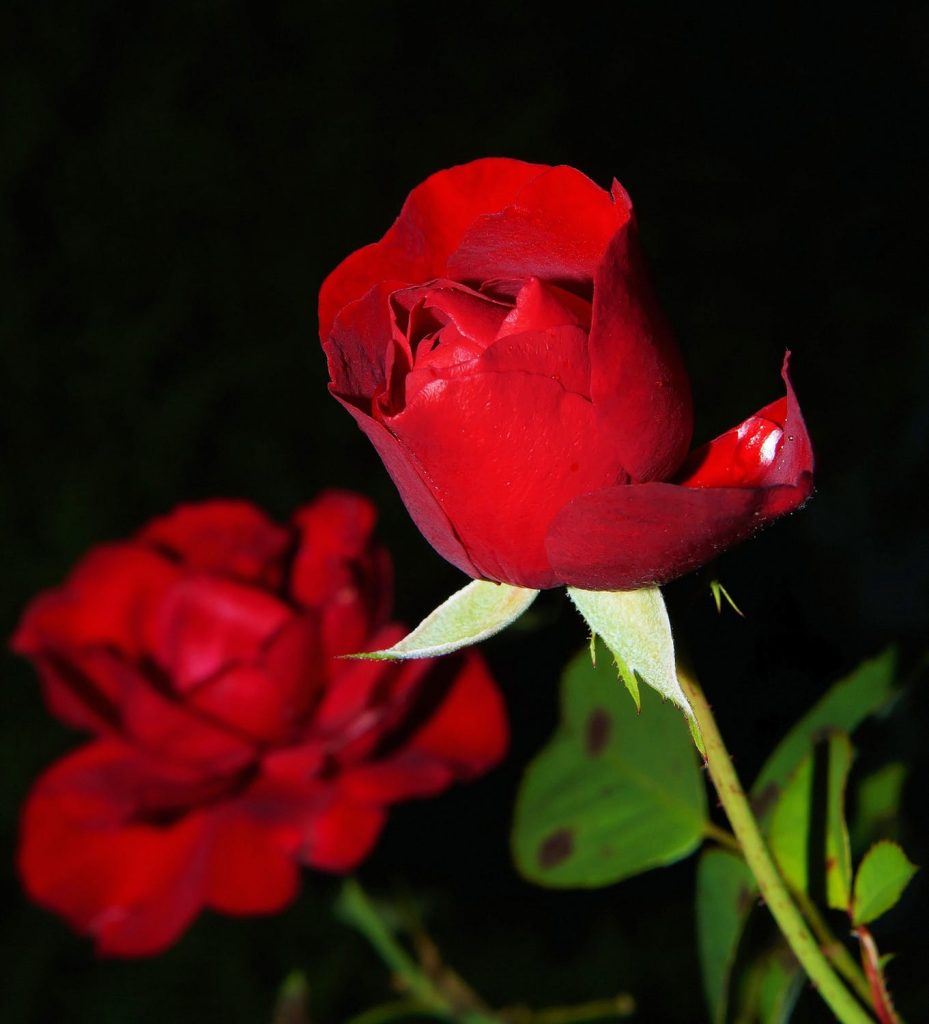
Your first interaction with it was by chance. Maybe your mom had it on the living room television or your best friend invited you to a viewing party. Perhaps you saw a tweet and decided to play an episode using your sister’s Hulu login information.
You told everyone that you watch the show only to make fun of it. You feel a wave of shame every time you tune in. Slowly, you get invested. You are devastated when your favorite goes home. You follow several contestants on Instagram and listen to a podcast recap after every episode.
Without you even realizing it, you’ve become addicted to “The Bachelor.”
Don’t worry – you aren’t alone. An average 7.8 million people viewed “The Bachelor” every Monday night of Arie Luyendyk’s 2018 season. Many Bachelor alums have over a million followers on Instagram and have built careers on social media. Talk show hosts such as Ellen Degeneres and Jimmy Kimmel have popular segments recapping and referencing ABC’s hit reality dating show.
The premise is pretty simple: 30 stunning and eligible women – or men, if it’s “The Bachelorette” – go on elaborate dates all around the world with an attractive lead of the opposite sex. Each week, the lead gives out roses to those they would like to continue dating. Camera crews constantly track the contestants to catch all the drama – and there’s a lot of it.
30 contestants living together with no technology or entertainment who are competing for the same significant other makes middle school seem like a peace rally. The two-month filming period ends with one of the two final contestants getting engaged to the lead.
Yes, it is ridiculous.
I watched my first season of a Bachelor franchise show 10years ago. It was Jillian Harris’s season of “The Bachelorette” and I was 9-years-old. Do I recommend parents allow their 9-year-olds to watch “The Bachelor”? Maybe not, but I do think that those who choose to watch “The Bachelor” should not be shamed.
I have always felt a lot of guilt for enjoying “The Bachelor.” It makes me laugh and is something I get excited about, but for what price? The show objectifies both men and women. It reinforces the idea that a fairytale relationship – the type that pop culture teaches us that we need to be happy – must be heterosexual. In all 22 seasons of “The Bachelor” there has never been an African-American or Asian lead.
These are serious flaws that the show should correct, but “The Bachelor” does have some good going for it.
Watching “The Bachelor” is a great way to connect with other viewers. In Becca Kufrin’s season of “The Bachelorette,” contestant Blake Horstmann discussed his experience of being in a school shooting. Contestant Caelynn Miller-Keyes talked in detail about being sexually assaulted on the Jan. 28 episode this season. Both of these instances brought attention to important current issues and sparked conversation.
This season’s Bachelor is Colton Underwood. Episodes have involved many scenes of the football player showering and tons of entertaining drama. He is a virgin and while I have been annoyed with the amount of time spent discussing this highly personal fact, it has lead to more fans discussing the stereotypes around virginity after the episode ends.
I like to listen to “Here to Make Friends,” a HuffPost podcast hosted by Emma Gray and Claire Fallon, after every episode. The podcast lightheartedly laughs about things that happen on the show and discusses feminism fails. It strikes a good balance between silly chatter and social consciousness.
The Bachelor is not without faults. However, there is fault in judging those who enjoy watching the television show. Nobody should feel guilty for taking a few hours every week to relax and watch consenting adults build genuine friendships and relationships. By using the show to start conversations about our society’s views on romance and gender, viewers can get some good out of a show that has the possibility to be more than just a guilty pleasure.
